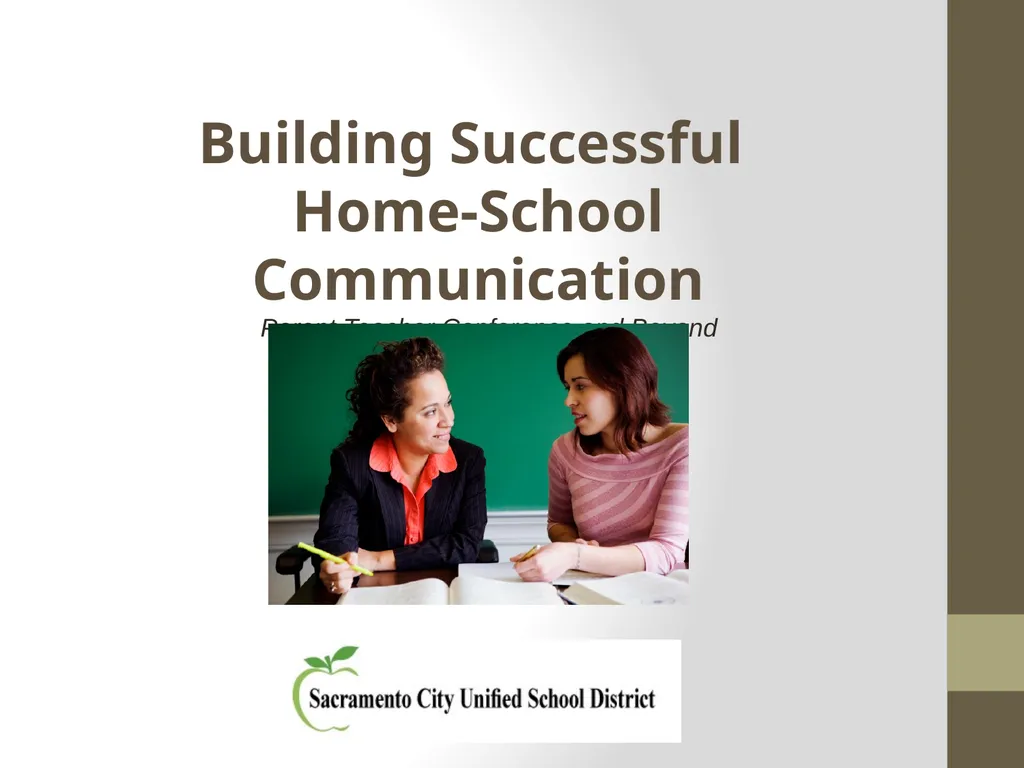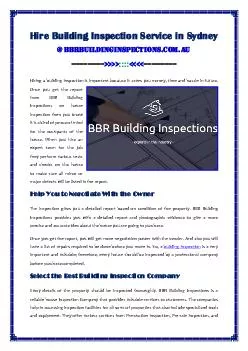
Author : karlyn-bohler | Published Date : 2025-05-12
Description: Building Successful Home-School Communication Parent Teacher Conference and Beyond Tips To Support Successful Home-school Communication Be focused on your message Be there Be prepared Ask what you can do Follow-up Be Focused In Your MessageDownload Presentation The PPT/PDF document "" is the property of its rightful owner. Permission is granted to download and print the materials on this website for personal, non-commercial use only, and to display it on your personal computer provided you do not modify the materials and that you retain all copyright notices contained in the materials. By downloading content from our website, you accept the terms of this agreement.
Here is the link to download the presentation.
"Building Successful Home-School Communication"The content belongs to its owner. You may download and print it for personal use, without modification, and keep all copyright notices. By downloading, you agree to these terms.













